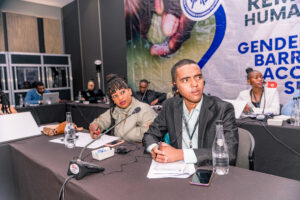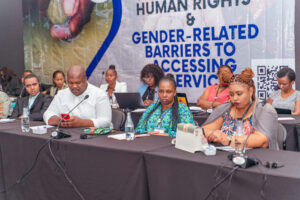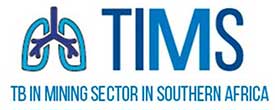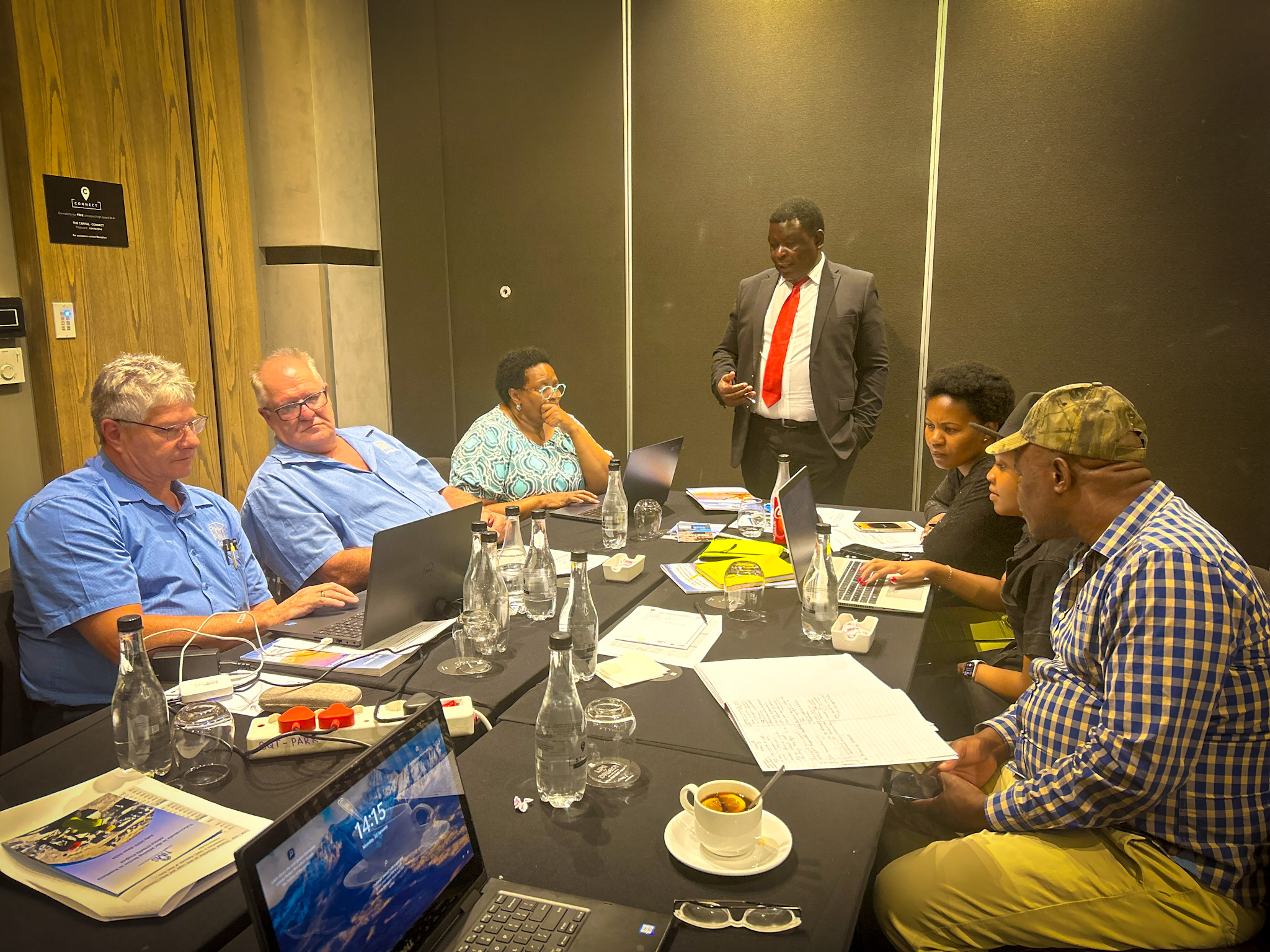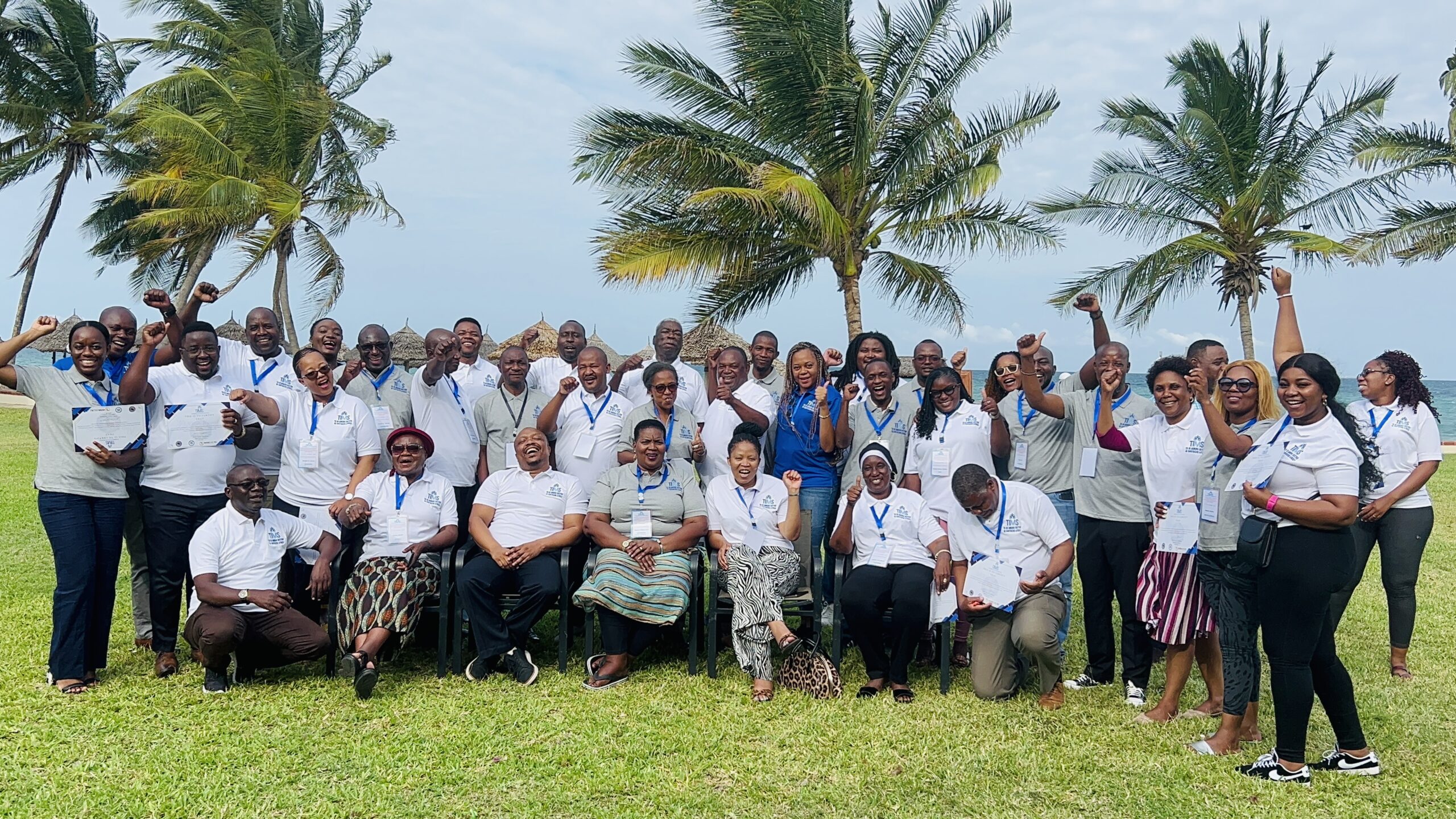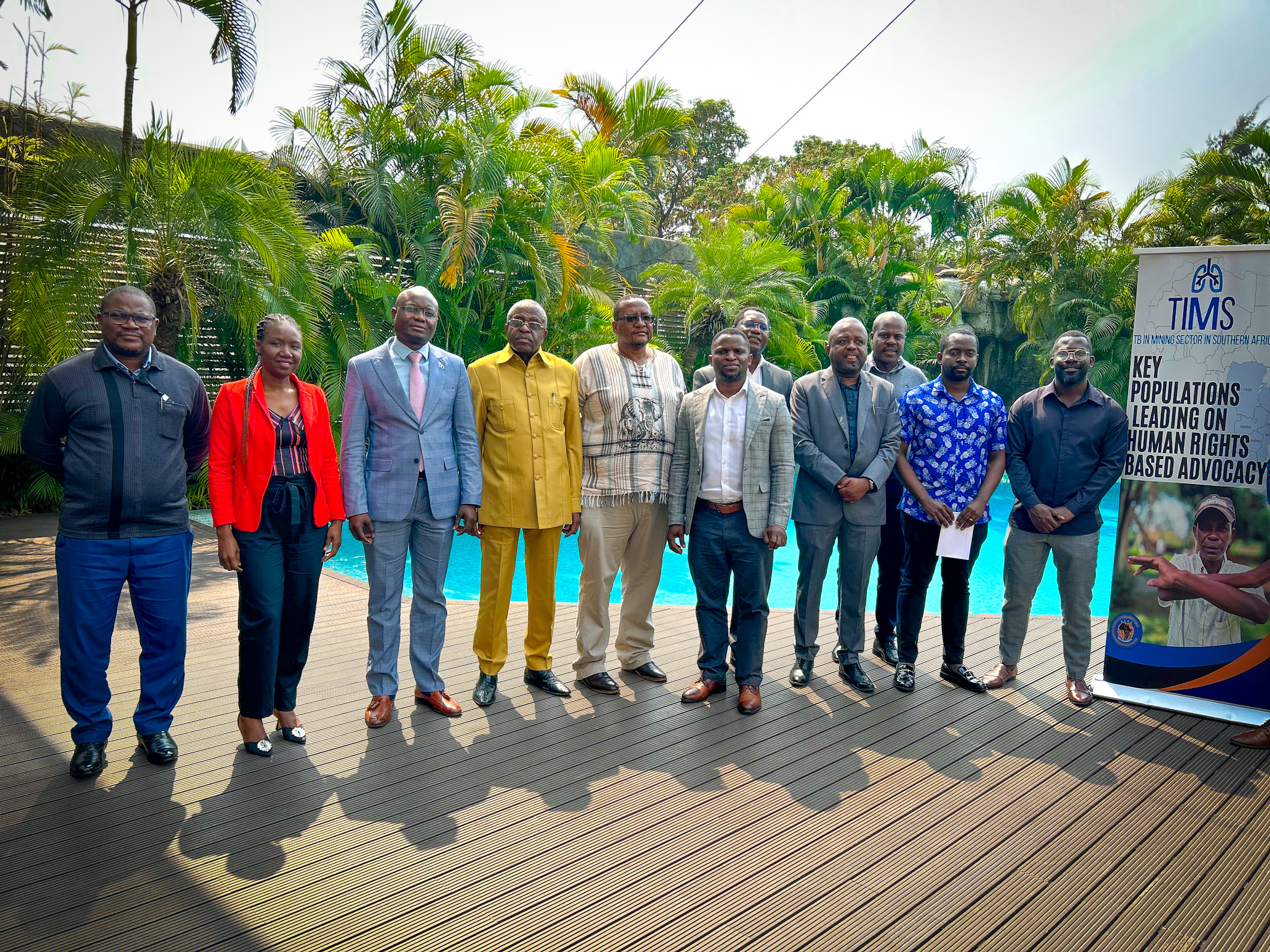In a significant advance towards enhancing Mine Health and Safety (MHS) standards across the Southern…
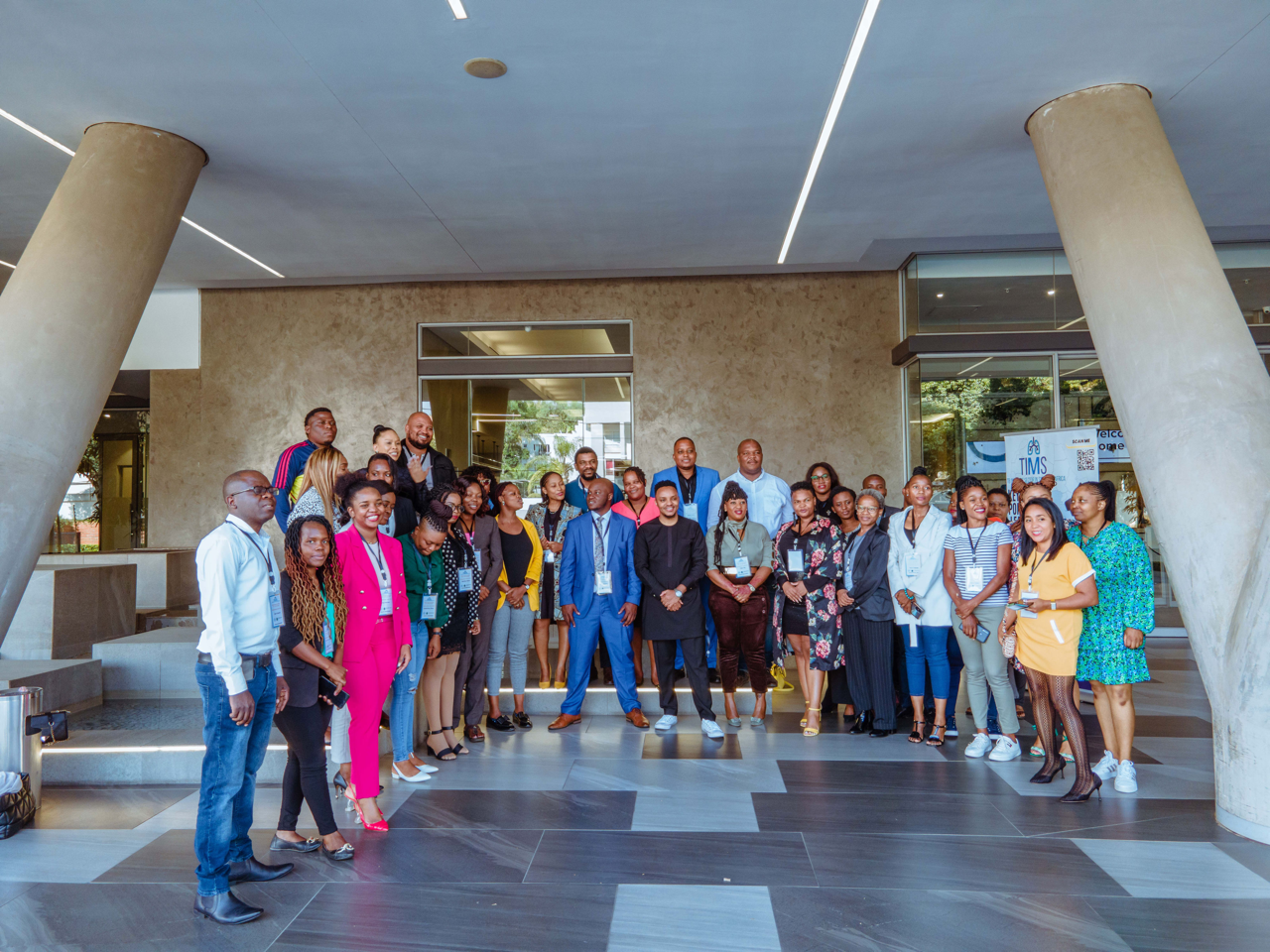
Strengthening Media Capacity for Effective TB Reporting: ECSA-HC’s TIMS III Workshop
In an effort to enhance informed and accurate reporting on tuberculosis (TB) and related issues, the East, Central and Southern Africa Health Community (ECSA-HC) organized a two-day workshop. This workshop, held on the 26th and 27th of April, brought together media practitioners from 12 countries in the Southern African Development Community (SADC). The primary objective was to equip journalists with the necessary skills and knowledge to effectively report on TB, including its prevalence in the mining sector. This workshop marked the second round of training under the current phase of the TB in the Mines (TIMS) grant.
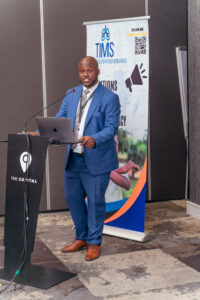
To ensure that journalists are well-informed about the TIMS Project’s impact and focus on creating sustainable measures, Mr. Justin Mahimbo, the Advocacy and Communications specialist from the Secretariat, presented the background of the TIMS Project and its progress during the workshop. This approach aimed to align the participants with the mission and objectives of the project, fostering a sense of ownership in combating TB.
The TIMS program was initiated in 2012 and has witnessed two project phases, TIMS I and TIMS II. As countries adopted the “End-TB strategy,” the Global Fund recognized the need for sustained support and allocated an additional US$10.5 million to implement TIMS Phase III. The ECSA-HC, serving as the Principal Recipient, is responsible for the implementation of this phase.
A rigorous selection process was undertaken to identify three journalists from each participating country. The countries represented in this training included Angola, Botswana, the Democratic Republic of the Congo (DRC), Eswatini, Madagascar, Namibia, South Africa, Zambia, Tanzania, Malawi, Zimbabwe, and Mozambique. A total of 39 participants were successfully chosen to attend the workshop.
During this round of training, several key areas were emphasized to enhance the journalists’ capacity to report on TB effectively. These areas were carefully selected to address the specific challenges faced by journalists when covering TB-related topics. The following were the core focus areas:
- Guidelines for Sensitive Reporting on Health Issues: Journalists were provided with guidelines on how to approach and report on health issues, including TB, in a manner that is sensitive, empathetic, and respectful of the patients and affected communities. It aimed to minimize stigmatization and ensure an accurate representation of the challenges faced by individuals and communities.
- Ethical Considerations: The workshop highlighted the importance of ethical reporting when dealing with health-related issues. Journalists were educated on the principles of accuracy, objectivity, fairness, and the importance of fact-checking. They were encouraged to maintain integrity and avoid sensationalism or the spread of misinformation.
- News Gathering Techniques for TB Stories: Participants learned effective techniques for gathering reliable information and conducting interviews. They were trained in identifying credible sources, verifying data, and extracting relevant information to create impactful TB stories.
- Fundamentals of Storytelling and Storytelling Frameworks: This session focused on the art of storytelling and provided journalists with storytelling frameworks specifically tailored for TB reporting. The aim was to equip them with storytelling techniques that engage readers, raise awareness, and foster empathy.
- Messaging Frameworks for TB Reporting: ACCA Framework Activity: Journalists were introduced to the ACCA framework, which stands for Awareness, Call to Action, Confirmation, and Affirmation. This messaging framework helped participants develop clear and effective communication strategies to engage their audiences and encourage action.
Participants of the workshop expressed their appreciation for the training and highlighted its positive impact:
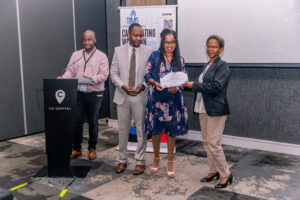
Mecklina Chirwa, a journalist from Malawi, stated, “The workshop has opened my eyes to the importance of accurate and sensitive reporting on TB. I now feel equipped to tell stories that will make a difference in the lives of those affected by this disease.”

Shamiso Yikoniko, a journalist from Zimbabwe, mentioned, “The training has provided me with valuable insights into the ethical considerations and storytelling techniques necessary for effective TB reporting. I am confident that I can now deliver compelling stories that will captivate and inform my audience.”
The two-day workshop organized by ECSA-HC, supported by the Global Fund’s TIMS project, has successfully enhanced the capacity of journalists from 12 SADC countries to report accurately and responsibly on TB-related issues. By equipping media professionals with essential skills and knowledge, this training initiative will contribute to the fight against TB, raise public awareness, and advocate for better policies and resources in the region. The journalists’ newfound expertise will serve as a catalyst for positive change, helping to eradicate TB and improve the lives of those affected by the disease.
